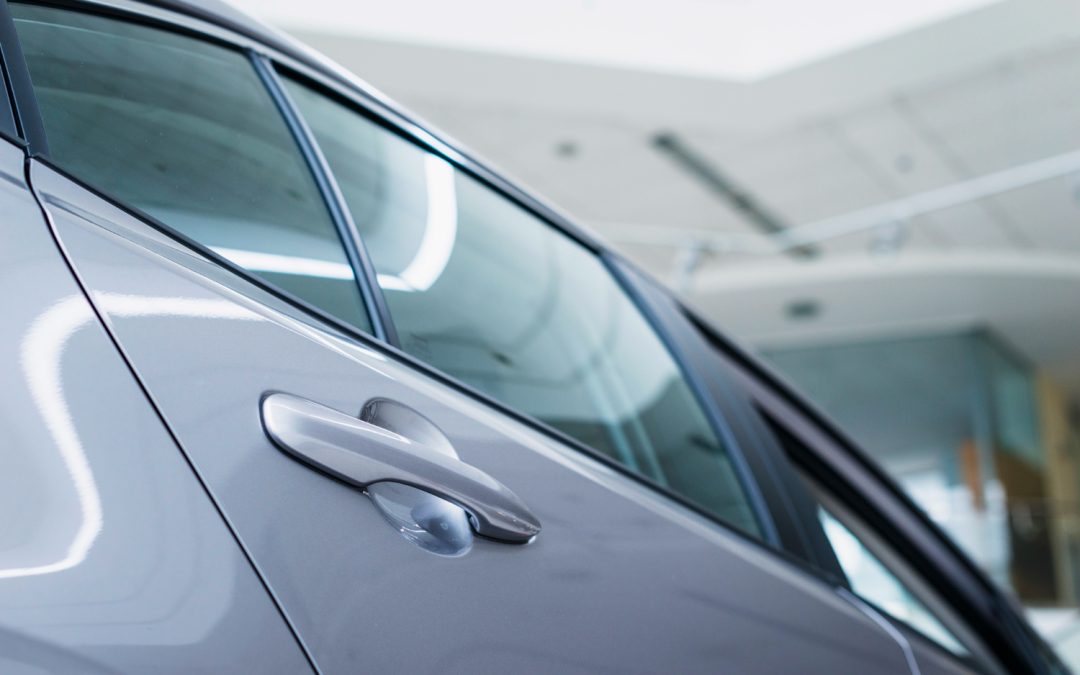Auto glass damage can be a frustrating and costly issue for any car owner. Whether it’s a small chip or a large crack, damaged windshields and windows can compromise your vehicle’s safety. Understanding the common causes of auto glass damage and knowing how to avoid them can save you both time and money in the long run. By taking preventive measures, you can keep your car’s glass in top condition and avoid unnecessary repairs.
We have seen all kinds of auto glass damage and understand what contributes to these issues. From road debris to extreme weather conditions, various factors can impact the integrity of your vehicle’s glass. By being aware of these common causes and taking proactive steps, you can minimize the risk and keep your windshield and windows intact.
Road Debris and Hazardous Driving Conditions
One of the most common causes of auto glass damage is road debris. Small rocks, gravel, and other objects on the road can get kicked up by the tires of vehicles in front of you. When these objects hit your windshield, they can cause chips or cracks. Construction zones and poorly maintained roads are notorious for having more debris, making them a higher risk for windshield damage. Even a small chip can spread over time, leading to larger cracks and the need for a full windshield replacement.
To reduce the risk of damage from road debris, it’s important to maintain a safe driving distance from other vehicles, especially large trucks. Trucks often carry more debris between their tires and can throw it up easily. Additionally, being aware of your surroundings and slowing down when driving through construction zones or on poorly maintained roads can also help protect your windshield from getting damaged.
Extreme Weather and Temperature Changes
Weather conditions play a significant role in the health of your auto glass. Extreme temperatures, whether too hot or too cold, can cause the glass to expand and contract. This constant change can make existing chips and cracks worse. For instance, during hot summer days, the intense heat can cause the windshield glass to expand. If a cold rain follows, the sudden cooling can result in the glass contracting, leading to stress fractures.
Similarly, in winter, using hot water to defrost your windshield can cause the cold glass to crack. Rapid temperature changes are hard on auto glass and can quickly turn minor damage into major issues. To avoid this, never pour hot water on a frozen windshield, and during hot days, try to park in the shade or use a sunshade to keep the temperature down inside your car. Taking these simple steps can help preserve your windshield and prevent damage caused by extreme weather conditions.
Poor Installation and Faulty Materials
Sometimes, the cause of auto glass damage begins with improper installation or the use of poor-quality materials. If your windshield was not installed properly, it might not have a strong bond to the frame. This can make it more susceptible to damage from minor impacts or vibrations. Windshield installation requires precision and expertise to ensure it is securely fitted and can withstand daily stresses.
Using inferior quality glass or adhesive can also lead to problems. Low-quality glass may not be as durable and can crack more easily under pressure or extreme conditions. The adhesive is just as important; if it’s not strong enough, it will not hold the glass securely in place, leading to potential safety hazards. Always ensure that your auto glass service provider uses high-quality materials and follows best installation practices to avoid these issues.
Preventive Measures You Can Take
There are several steps you can take to minimize the risk of auto glass damage. First, try to park your car in a garage or shaded area to protect it from extreme weather conditions. This is especially important during winter and summer when temperature changes can adversely affect the glass. If you don’t have access to covered parking, using a windshield cover can also provide some protection.
Another useful preventive measure is to stay vigilant while driving. Avoid following too closely behind other vehicles, especially on gravel or poorly maintained roads. Always be on the lookout for road hazards like potholes and construction debris that could get kicked up and damage your windshield. Additionally, keep your windshield clean and regularly check for small chips and cracks. Addressing minor damage promptly by using repair kits or seeking professional help can prevent it from worsening.
Conclusion
Understanding the common causes of auto glass damage and taking proactive steps can help you maintain the integrity of your windshield and windows. By being aware of road debris, extreme weather conditions, and ensuring proper installation with high-quality materials, you can significantly reduce the chances of encountering windshield issues. Simple preventive measures, like careful driving and protecting your car from extreme temperatures, go a long way in keeping your auto glass in great shape.
If you encounter any auto glass damage and need professional help, Tri-Cities Auto Glass Service is committed to providing top-notch auto glass repair service to ensure your safety on the road. Don’t wait until a small chip turns into a big crack; let us help you keep your windshield in perfect condition.

